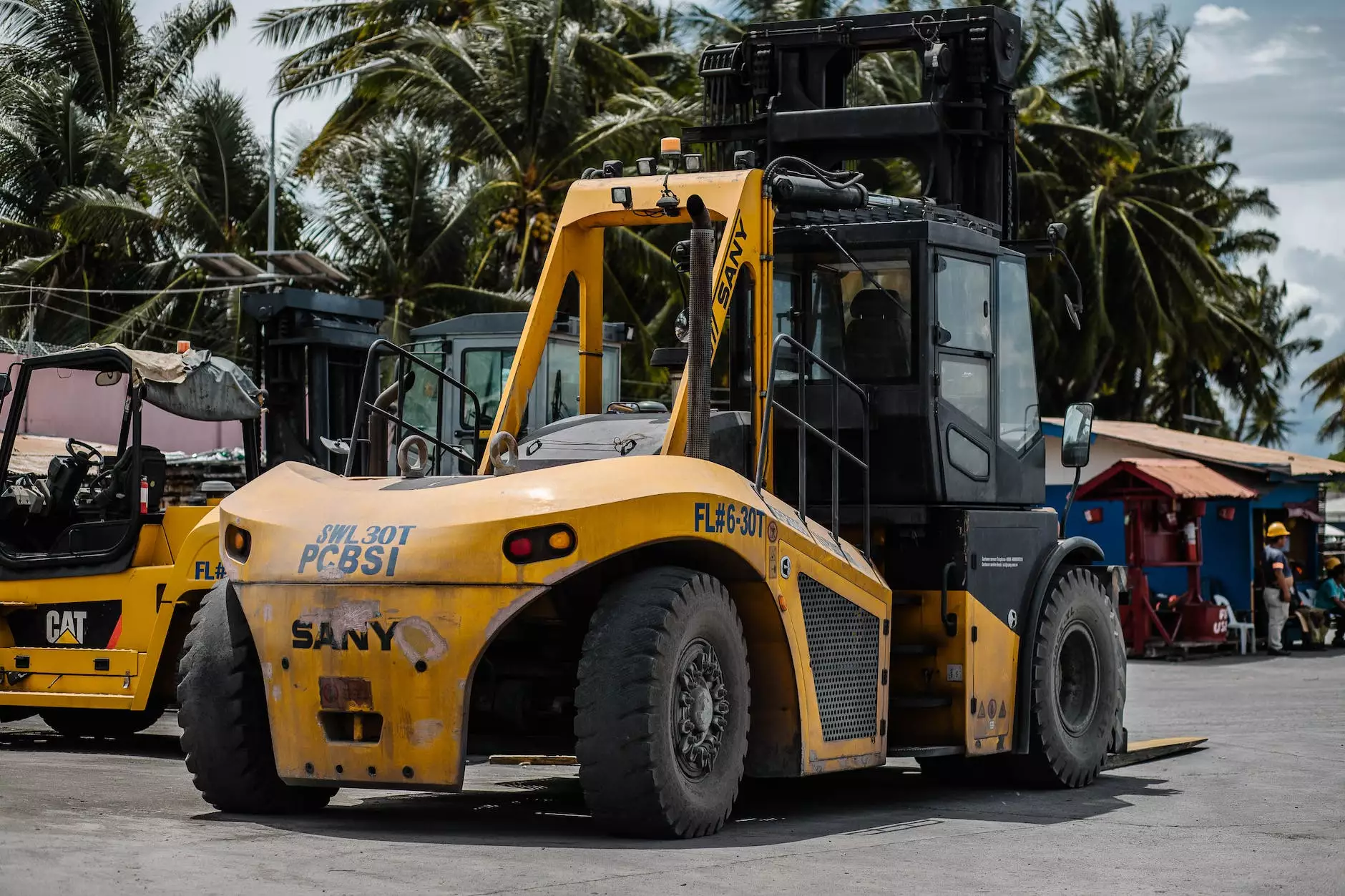Ultimate Guide to Jeep Wheels and Tires

Jeep Wheels and Tires are not just components of your vehicle; they are critical for enhancing performance, safety, and aesthetics. Whether you are an off-roading enthusiast or a daily commuter, understanding the intricacies of wheels and tires can significantly elevate your driving experience. In this comprehensive guide, we will explore the various aspects of Jeep wheels and tires, including types, selection criteria, installation tips, and frequently asked questions.
The Importance of Choosing the Right Jeep Wheels and Tires
Choosing the right wheels and tires for your Jeep is paramount. The combination influences not just the look of your vehicle but also its performance and capability on different terrains. Here are some key reasons why the proper selection matters:
- Performance: The right tires can improve traction, enabling better handling during off-road excursions.
- Safety: Quality tires can reduce the risk of accidents, especially in adverse weather conditions.
- Aesthetics: Custom wheels can enhance the visual appeal of your Jeep, making it stand out on the road.
- Durability: High-quality wheels and tires are designed to withstand the rigors of rugged terrains.
Types of Jeep Wheels
Wheels come in various materials, sizes, and designs. Understanding these variations will help you make an informed choice.
1. Material Types
Jeep wheels are primarily made from three materials:
- Steel Wheels: These are durable and affordable but can be heavier and less aesthetically pleasing.
- Aluminum Alloy Wheels: Lighter than steel, they provide better performance and a sleek look but come at a higher price.
- Forged Wheels: Made from a solid piece of aluminum, these are incredibly strong and lightweight, making them ideal for off-roading but also the most expensive option.
2. Wheel Sizes
Wheel size is crucial for fitment and vehicle performance. Jeep wheels typically range from:
- 15 inches: Ideal for off-roading, providing better tire sidewall flex.
- 17 inches: A popular choice offering a balance between off-road capability and on-road comfort.
- 20 inches: More about aesthetics, providing a sleek look with less sidewall flex.
Choosing the Right Tires for Your Jeep
When selecting tires, consider the terrain you plan to tackle most often. Tires are categorized into three primary types:
1. All-Terrain Tires
All-terrain tires are the most versatile option, designed for both on-road comfort and off-road capability. They provide decent traction on various surfaces while maintaining a smooth ride on highways.
2. Mud-Terrain Tires
Mud-terrain tires offer superior traction in muddy and loose terrains due to their aggressive tread patterns. However, they can be noisy and less efficient on paved roads.
3. Trail Tires
Trail tires are engineered specifically for off-road activities, featuring deep treads and rugged sidewalls for extreme durability and traction in challenging environments.
Key Factors to Consider When Buying Jeep Wheels and Tires
1. Compatibility
Ensure that the wheels and tires you choose are compatible with your Jeep model. Check the manufacturer’s specifications for size and load ratings.
2. Load Rating and Ply Rating
Load rating determines how much weight a tire can safely carry. Ply rating indicates the strength of the tire. For heavy-duty off-roading, opt for higher load and ply ratings.
3. Tread Pattern
The tread pattern significantly impacts traction. Choose a design suitable for your typical driving conditions, whether it’s mud, snow, or rocky trails.
4. Price and Budget
While quality often correlates with price, there are still budget-friendly options that provide reliable performance. Balance your budget with the features you need.
Installation Tips for Jeep Wheels and Tires
Whether you’re upgrading your wheels and tires or performing regular maintenance, proper installation is crucial:
1. Gather Necessary Tools
- Jack and jack stands
- Lug wrench
- Tire pressure gauge
- Torque wrench
2. Removing Old Wheels
Loosen the lug nuts while the Jeep is still on the ground, then raise it with a jack. Once elevated, remove the lug nuts completely and take off the wheel.
3. Installing New Wheels
Align the new wheel with the hub, hand-tighten the lug nuts, and then lower the Jeep. Use a torque wrench to ensure each lug nut is tightened to the recommended specifications.
FAQs About Jeep Wheels and Tires
1. What size tires can I put on my Jeep?
The size of tires you can install depends on your Jeep's model and year, as well as any modifications made to the suspension. Always check manufacturer recommendations or consult a professional.
2. How often should I replace my Jeep tires?
Tires should generally be replaced every 40,000 to 70,000 miles, depending on driving conditions. Regular inspections for wear and tear are essential.
3. Can I mix tire brands on my Jeep?
It’s best to avoid mixing tire brands and tread designs. Consistency in tire types maintains handling and safety.
Enhancing Your Jeep Experience
Investing in high-quality Jeep wheels and tires transforms your off-road adventures and daily drives. Equipped with the right knowledge, you can make informed choices that enhance your vehicle’s capabilities.
Empowering Your Adventure
With the right wheels and tires, your Jeep can conquer the toughest terrains while providing comfort and safety on the road. Make sure to regularly maintain your tire pressure and tread depth, and stay informed about the latest products and innovations in the automotive space.
For the best selection of Jeep wheels and tires, consider visiting offroad-zone.com, your one-stop shop for all automotive needs. Experience unbeatable quality and performance that takes your Jeep to new heights!



